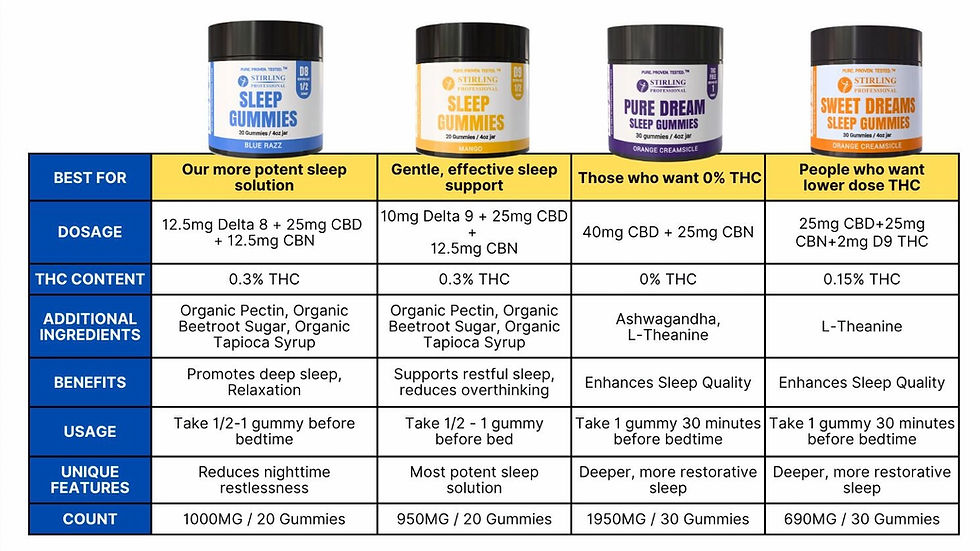Are these vegetables hurting you?
- drlindaberry
- Dec 2, 2020
- 4 min read
The nightshade vegetables of greatest concern are tomatoes, potatoes, eggplant, all peppers, and tobacco. Although the foods are full of nutrients, they can be bad for some. For instance, when I eat tomatoes the joints in my hands hurt. Peppers do funny things to my bladder system. Too many potatoes can interfere with my ability to swallow easily. If you have chronic problems, eliminating the nightshade family of plants could get rid of those problems.
The easiest way to find out if these cause a problem is to 100% eliminate them from your diet for four weeks and then add them back in one at a time and see what happens. If you want help with this please schedule an appointment with me here. Read below for more detailed information.

WHAT ARE NIGHTSHADE VEGETABLES? Nightshade vegetables are foods that come from any of more than 2,000 plants in the Solanaceae plant family. Many of these fruits and vegetables (yes, tomatoes are a fruit!) can trigger inflammation or even autoimmune responses in people with sensitivities. In fact, we can only eat a fraction of the plants in the Solanaceae family because they’re so chemically potent!
We also consume some nightshades as medicine or drugs: tobacco is a nightshade! But although nightshades contain some powerful chemicals, that doesn’t mean they’re necessarily bad for you—many of those substances have strong health benefits. Deciding whether nightshades fit into your diet is all about understanding both your body and the foods you eat.

NIGHTSHADES AND INFLAMMATION One of the most common issues caused by eating nightshade foods is inflammation. Many people believe that arthritis, digestive problems, bloating or puffiness, brain fog, and other signs of chronic inflammation are worsened by eating nightshade vegetables. But glycoalkaloids are tricky things—not everyone will experience issues after eating them. In fact, most people can safely consume plenty of potatoes, tomatoes, eggplant, peppers, tomatillos, and other nightshades and never notice a problem! However, if you’re one of the unlucky few who has a sensitivity, intolerance, or allergy, you may experience some very uncomfortable effects. It’s commonly believed that eating nightshade foods may be particularly unhealthy for people with arthritis or other joint conditions. Nightshades are thought to contribute to inflammation, but no scientific studies have proven this. In fact, one of the glycoalkaloids in hot peppers, capsaicin, has been proven to relieve inflammation. Where glycoalkaloids may become a real problem is in the gut. People who are predisposed to gut inflammation issues like leaky gut syndrome and irritable bowel disease (IBD) may experience painful flare-ups after eating nightshade vegetables. Potato glycoalkaloids seem to be the worst offender here. Preliminary research seems to show that solanine and other glycoalkaloids in potatoes may make the intestinal membrane more permeable, allowing bacteria and acids to leak into the gut. They may also worsen existing inflammation. Although no human studies confirm this effect, it’s better to be safe than sorry when dealing with your health! Therefore, folks with IBD, IBS, Crohn’s disease, or leaky gut syndrome may want to avoid nightshades entirely.
WHAT ARE THE SYMPTOMS OF NIGHTSHADE INTOLERANCE? Even if you’re not allergic to nightshades, don’t have arthritis, and aren’t suffering from IBD or IBS, you may want to consider the effects of nightshade foods on your health. That’s because, just like with any substance, you may have a sensitivity or intolerance to glycoalkaloids that doesn’t quite reach the level of an allergy. Some of the key symptoms of nightshade intolerance include:
Itchiness
Nausea
Bloating
Stomach or gut irritation
Diarrhea
Heartburn
Joint aches
Nerve pain
Lethargy or a feeling of fogginess
To determine the cause of these symptoms, keep a food diary for three to four weeks. Write down everything you eat and how you feel after eating it, both soon after and later in the day. After a month, go back and look for patterns. Do you always feel bloated after eating salsa? Does eggplant parmesan make your joints hurt? Do you get heartburn after a spicy curry? You may have a nightshade intolerance! If that’s the case, your best bet is to talk to your health care provider. He or she may suggest you try an elimination diet, where you steer clear of all nightshade vegetables and foods for at least four weeks. Continue keeping your food diary during this time and see if your inflammation and health issues clear up. If they don’t, you may want to look for another culprit, like gluten or dairy intolerance. With all this in mind, what’s the final word on eating nightshade vegetables? Listen to your own body! You know what makes you feel good and what foods make you feel sluggish or unhealthy. Educate yourself to make smart nutritional choices, and you can use the foods you eat to give your body a boost. Fun Fact: Sloths can hold their breath longer than dolphins can. By slowing their heart rates, sloths can hold their breath for up to 40 minutes, while dolphins need to come up for air after about 10 minutes.
Written By: Kate Sullivan, MS




Comments